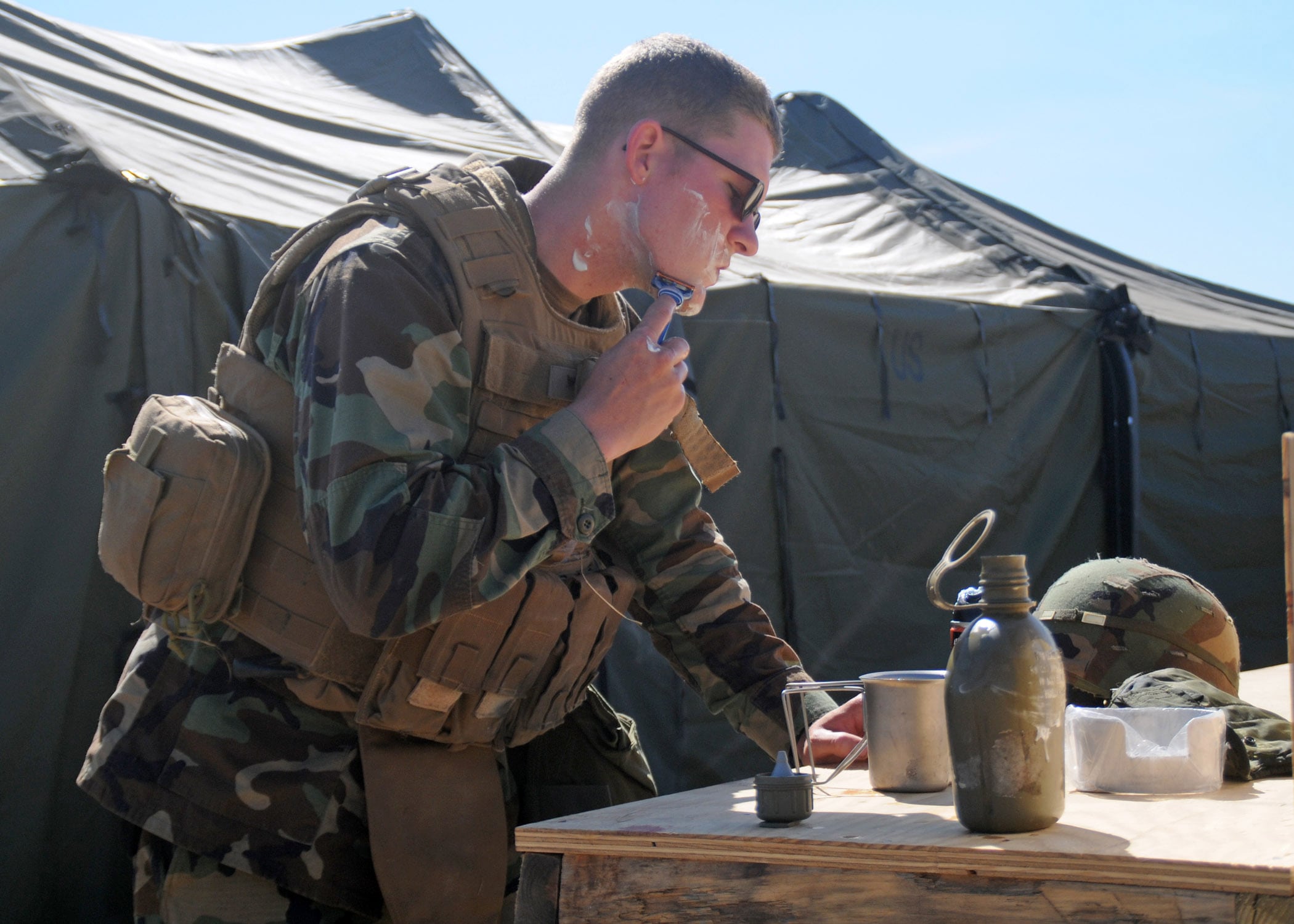Congress wants to know if airmen and guardians will still be able to defend the skies with facial hair.
An amendment included in the House Armed Services Committee’s draft of the annual defense authorization bill would mandate the creation of a new pilot program allowing some Air Force and Space Force members to grow beards.
The idea has been discussed by service officials in the past, but not acted upon in recent years. Navy officials recently completed a study on whether beards would interfere with service members’ gas mask seals, but has yet to publicly release those results.
Language unanimously adopted for the authorization bill on Wednesday would require the Air Force to conduct the pilot to test similar job-related complications of facial hair, and also to gauge “the effect of beard growth on discipline, morale and unity within the ranks.”
The pilot program — proposed by Rep. Marc Veasey, D-Texas — would also look at “whether allowing members to grow beards improves inclusivity, including for members with conditions like pseudofolliculitis barbae or those who wish to grow beards for religious purposes.”
Air Force policy currently bans beards for all airmen except those who have five-year medical waivers for pseudofolliculitis barbae — chronic razor bumps — or religious waivers.
Military.com reported last month that shaving waivers for medical conditions in the Air Force and Space Force have nearly doubled since 2021. Service officials would have six months after the passage of the authorization bill to launch the pilot program. Some have suggested the Air Force study those who already have shaving waivers rather than finding an entirely new pool of participants.
Committee members also included a provision in the authorization bill draft to force a congressional briefing on the Navy study, so lawmakers can better understand the impact of such a policy change.
Before either provision becomes law, however, members of Congress will have to pass the authorization bill. That process is expected to take several more months as both House and Senate negotiators work through differences in their respective proposals.
Leo covers Congress, Veterans Affairs and the White House for Military Times. He has covered Washington, D.C. since 2004, focusing on military personnel and veterans policies. His work has earned numerous honors, including a 2009 Polk award, a 2010 National Headliner Award, the IAVA Leadership in Journalism award and the VFW News Media award.





